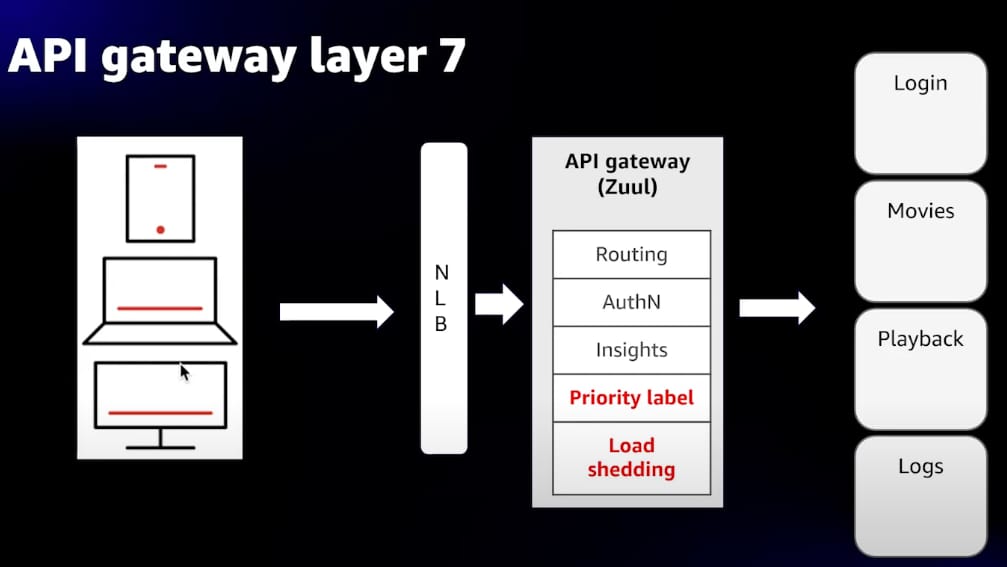Happy Monday! ☀️
Welcome to the 1502 new hungry minds who have joined us since last Monday!
If you aren’t subscribed yet, join 16,521 smart, curious, and hungry folks by subscribing here.
This is the first post of year 2 of Hungry Minds! 🥳

Once again, I’d love to thank all of the Hungry Minds reading every week.
YOU have been my #1 reason for keeping this newsletter up! I can’t wait to keep building more tools and systems and share it all with you. 🔥
As I always love to say: It's always day one 🔥
Now go grab a burger 🍔 and let’s get started with this week's issue:
🍔 THIS WEEK’S MENU 🥗
📚 YouTube supports 2.49 billion users with MySQL architecture, database design for Google Calendar, and reduce extension build times by 90% with ESbuild.
🗞️ Google's AI generates weird content, prompting fixes. Anthropic introduces personalized AI tool, Apple signs OpenAI deal.
👨🏻💻 Quick byte: Rust's ownership and borrowing rules ensure memory safety.
Reading time: 5 minutes

Food for Thought
A mindset, an example, and an action item to start the week
"Success usually comes to those who are too busy to be looking for it."

Mindset: Success is a byproduct of relentless effort, not the primary goal - focus on the process, not the outcome.
Example: Amazon's unwavering commitment to customer experience over profits in its early years exemplifies this philosophy.
Action item: Identify one routine task you can approach with renewed vigor and mindfulness today.

The Rabbit Hole
Deep dives, trends, and resources curated to stay ahead
💾 SIDE DISHES 💾
ARTICLE (design 101)
Database Design For Google Calendar: A Tutorial
GITHUB REPO (open-devin?)
SWE-agent takes a GitHub issue and tries to automatically fix it, using GPT-4, or your LM of choice
ESSENTIAL (queu-te)
Queueing – An interactive study of queueing strategies
GITHUB REPO (ML 101)
All ML algorithms in 1 Github repo
ESSENTIAL (vDOM explained)
A virtual DOM in 200 lines of JavaScript
ARTICLE (css.new())
Introducing the CSS anchor positioning API
ARTICLE (build it fast)
How we used esbuild to reduce our browser extension build times by 90%
ARTICLE (LLM learnings)
What We Learned from a Year of Building with LLMs
ARTICLE (code for 2AM)
Write code that you can understand when you get paged at 2am
ARTICLE (dead-QL?)
Why, after 6 years, I'm over GraphQL

The Weekly Digest
Software, AI, and startup news worth your time

Brief: Social media is abuzz over Google's AI Overview, generating odd suggestions like putting glue on pizza and eating rocks, driving a rush to disable these quirky outputs as the company races to address the viral mayhem.
Brief: Apple partners with OpenAI for chatbot features in iOS, while considering Google's Gemini as an "option," enhancing AI functionalities in upcoming iOS 18.
Brief: xAI raises $6 billion in its Series B funding round to propel advancements in its open-source Grok-1 model, accelerate technology updates, and bring new products to market, emphasizing its commitment to developing beneficial AI systems for humanity.
Brief: Anthropic's new AI tool, Claude, enables users to easily create personalized solutions like email assistants and product recommendation bots, utilizing external APIs and capable of working with images.
Brief: Looking Glass introduces two new spatial displays, a 32-inch desktop model and a 16-inch OLED variant, expanding its line-up of group-viewable spatial displays for creatives, designers, marketers, and medical professionals.
Brief: OpenAI establishes a "Safety and Security Committee" to manage risks and enhance AI safety amidst industry speculation on the development of new advanced models like GPT-5.

The Quick Byte
One coding tip because you’re technical after all
This week’s coding challenge:
This week’s tip:
Rust's ownership and borrowing rules ensure memory safety and prevent data races at compile-time. Understanding these concepts is crucial for effective memory management and avoiding common pitfalls like null or dangling pointers.

Wen?
Managing Memory Safely: Ownership and borrowing rules should be followed whenever you work with data in Rust, particularly when dealing with complex data structures or when data needs to be shared across multiple parts of your program.
Avoiding Dangling References: Understanding ownership and borrowing is crucial when working with references, as it helps prevent dangling references, which can lead to undefined behavior and memory safety issues.
Implementing Data Structures: Implementing custom data structures or working with existing ones often requires a deep understanding of ownership and borrowing to ensure correct memory management and thread safety.
Why?
Memory Safety: Rust's ownership and borrowing rules enforce memory safety at compile-time, eliminating entire classes of memory-related bugs like null or dangling pointers, use-after-free, and data races.
Concurrency Safety: Rust's ownership and borrowing rules also help ensure thread safety, as they prevent simultaneous mutable access to shared data, a common source of race conditions, and other concurrency bugs.
Performance: By managing memory explicitly and avoiding unnecessary copies or allocations, Rust's ownership model can lead to more efficient and performant code compared to garbage-collected languages.

The Job Feast
A fresh cheese job board if you’re looking for a change

Burp-A-Laugh
The most important meal of your day

That’s it for today! ☀️
Enjoyed this issue? Send it to your friends here to sign up, or share it on Twitter!
If you want to submit a section to the newsletter or tell us what you think about today’s issue, reply to this email or DM me on Twitter! 🐦
Thanks for spending part of your Monday morning with Hungry Minds.
See you in a week — Alex.
Icons by Icons8.
*I may earn a commission if you get a subscription through the links marked with “aff.” (at no extra cost to you).









